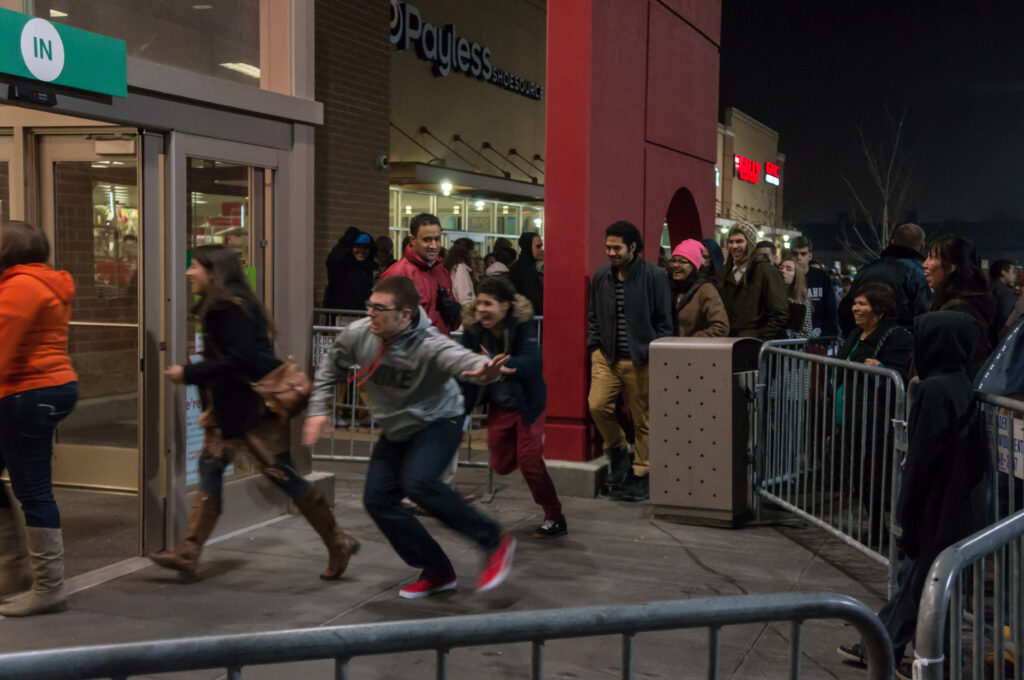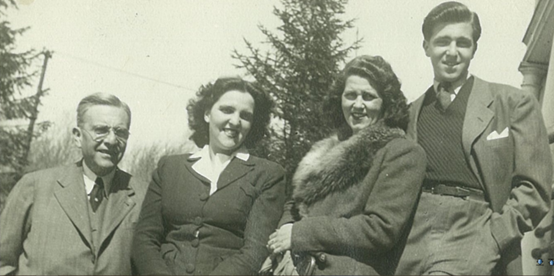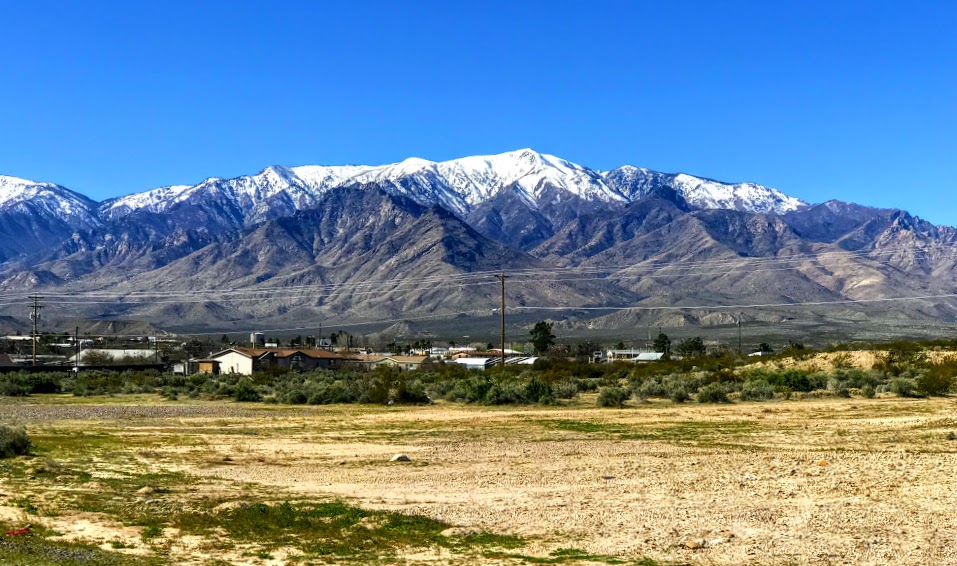By Maria Moss and Sabrina Völz
What do pornography, fake Indians, the climate crisis, and firefighters in New York City have in common? Well, these are all topics of this season’s lecture series “Maple Leaf & Stars and Stripes.”
As usual, the lecture series starts out with a bang: Award-winning documentary filmmaker and one of Canada’s leading writers, Drew Hayden Taylor, will present his new movie, The Pretendians. The film, which celebrates its German premiere at Leuphana University Lüneburg, asks the question why so many people in the public eye claim Native heritage. Taylor, himself an Anishnaabe and resident of Curve Lake First Nation reserve, is making his 5th trip to Lüneburg.
And if that’s not enough, we also feature Anne Nelson, American journalist, author, playwright, and lecturer at Columbia University’s School of International and Public Affairs. She’ll join us via Zoom to discuss her play, The Guys. Written shortly after 9/11, it features a firefighter who seeks the help of a writer to compose eulogies for his dead comrades.
Art and pornography are at the heart of Anne Breimaier’s talk, which will critically reconstruct a lecture of radical feminist Dorchen Leidholdt in 1980. Breimaier will relate Leidholdt’s critique of a commodification of violence against women in visual media of the 1980 to contemporary image cultures.
The lecture series wraps up with a talk by Johan Höglund, “An end to Eating? Future Food Imaginaries and the Climate Emergency.” Höglund will discuss how fiction set in a future transformed by climate change describes the act of ingesting food as “feeding” (what babies and animals do) rather than “eating” (what humans are typically understood to be doing and what counts as a social and cultural practice).
For the poster as well as the dates and times:
Read more »











